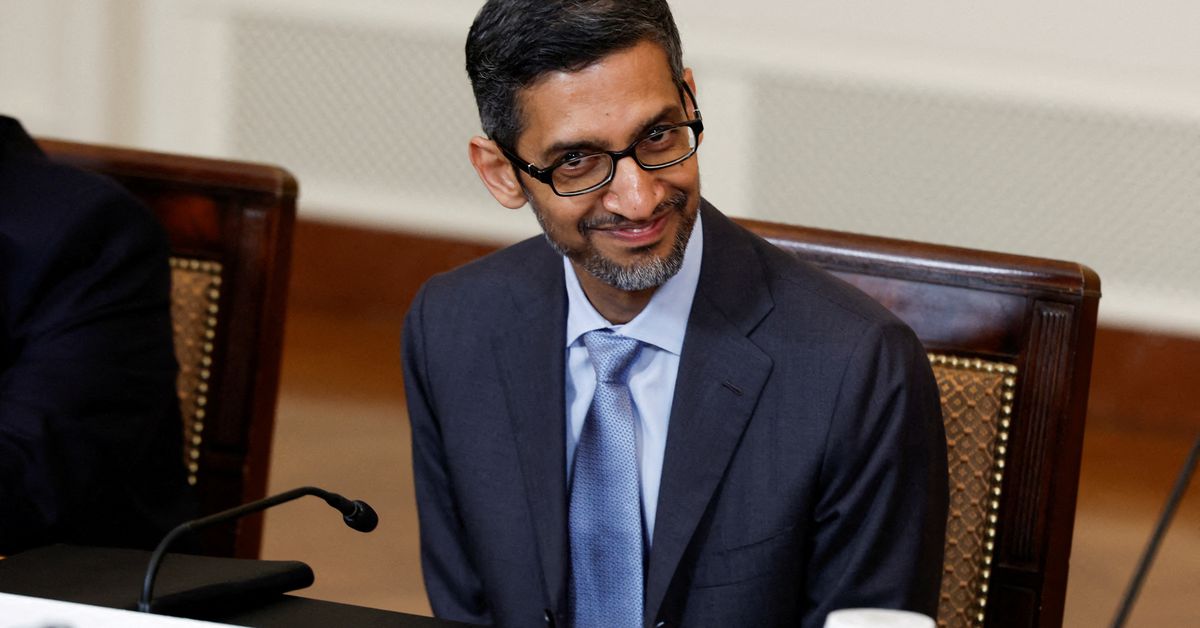Why the fuck can we never get ISP executives on trial for anti-trust charges?
I don’t have to use Google, but I’m forced to use Comcast.
The right people greasing the right palms.
Removed by mod
You see back in the days it used to be Bell Systems (AT&T) that ran a huge vertical monopoly on telecommunications. Being the peak of some major consumers rights cases around that time, Bell was split up into like 7 different companies to free the market in a very big anti trust case.
AT&T of course has clawed its way back to the top, but it avoids anti trust cases by not holding an outright monopoly. Their argument is “Yeah but there’s also comcast”, ie an oligopoly.
An oligopoly, which is still very bad, is not a monopoly, so congress continues to take huge funding bribes which we call lobbying, and let both AT&T and Comcast do whatever they want so long as no one company takes over.
Both company execs and shareholders get rich and go home to sleep on a big pile of money, while you as the consumer curse out both for their crappy prices and overwhelming control.
Oh and AT&T wastes government funds on not expanding fiber networks because they can earn the same amount without caring about the consumer because no alternative other than maybe Comcast exists with a superior service or offer.
Because of the consumer surplus anti-trust paradigm. Comcast just needs to say that prices are as low as they would be in a more competitive environment. And cable companies in regional cable markets can tacitly collude simply by matching competitor prices. Thus, how do you prove that prices are actually too high and that Comcast and other cable companies are using their market power to abuse consumers? You can’t.
Lina Khan, the American hero that she is, is trying to pursue an old anti-trust paradigm.
Doesn’t taking that stance effectively acknowledge that they have a monopoly? “If we didn’t have a monopoly it wouldn’t be any cheaper, scout’s honor.”
The thing with last-mile ISPs is that it doesn’t make sense for 6 different companies to lay fiber optic in the same neighborhood.
In that case, socialized infrastructure is the better solution.
This is the best summary I could come up with:
WASHINGTON, Oct 30 (Reuters) - Sundar Pichai, CEO of Alphabet Inc (GOOGL.O) and its subsidiary Google, testified Monday in a once-in-a generation antitrust fight with the U.S. government that the company sought to make browser use and internet search easy and secure.
If the government wins, the company may be forced to scrap some business practices that have helped it stay on top.
In testimony Monday morning, Pichai took a couple of swipes at Microsoft’s (MSFT.O) browser, Internet Explorer.
The government, in cross-examination, will likely also ask about the billions of dollars paid annually to smartphone makers like Apple (AAPL.O) and wireless carriers like AT&T (T.N) to be the default in search on their devices in order to stay on top.
The clout in search makes Google a heavy hitter in the lucrative advertising market, its biggest revenue source.
Google has argued the revenue share agreements are legal and that it has invested heavily to keep its search and advertising businesses competitive.
The original article contains 317 words, the summary contains 162 words. Saved 49%. I’m a bot and I’m open source!
That bastard should be locked away for the rest of his life. Just like any other Google executive.
While I agree with the sentiment, locking away executives isn’t going to fix anything in the long term. Shareholder capitalism (and capitalism’s need for constant growth at any cost) is the root issue here that needs go be fixed.
We go through periods of antitrust enforcement, but it always devolves back into monopolies/oligopolies. It’s just putting a bandage on a gaping wound and calling it a job well-done.
We need real, systemic change worldwide.
It’s the entire mafia of executives, the board of advisors and the shareholders (mostly venture capitalist firms) working together to screw over the public and make big profits. I totally agree that we need worldwide systematic change.
Which is correct, but I believe that the mafia of executives and shareholders is a symptom of the larger problem of capitalism as a whole.
Yeah, but there are people running honest and genuine business, even in a capitalist system. But those there are also those who just try to fuck over everyone. Most corporations, politicians, banks, investment funds and others do the latter, not because capitalism forces them to do so, but because these humans are living pieces of garbage and should be locked away or executed. I don’t know if it helps to take all fault away from the people running the capitalist system and attributing it to the system itself.
The honest and genuine businesses aren’t rewarded to nearly the same extent as the corporations who exploit their labor force and their consumer base, and who lobby the government to write laws benefiting them.
If the system worked, then the honest and genuine businesses would be rewarded with more profit than the exploitative businesses.
For example, Nestlé makes more money by exploiting child labor and stealing water than if they didn’t do those things.
Walmart made more money by driving small businesses out of business than if they were to allow competition from those small businesses. Same with Amazon.
We need to have a system that both punishes exploitative corporations and people, and also rewards the honest, non-exploitative businesses and people.
On what charges?







